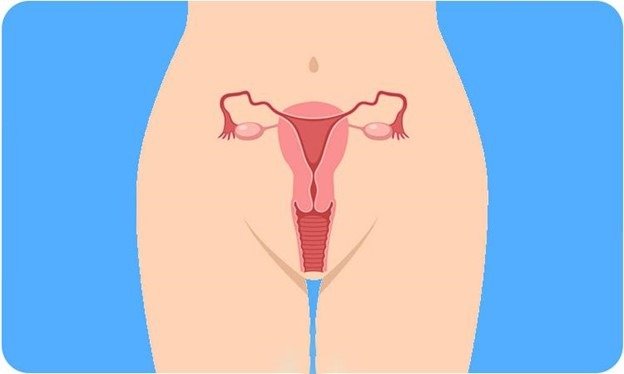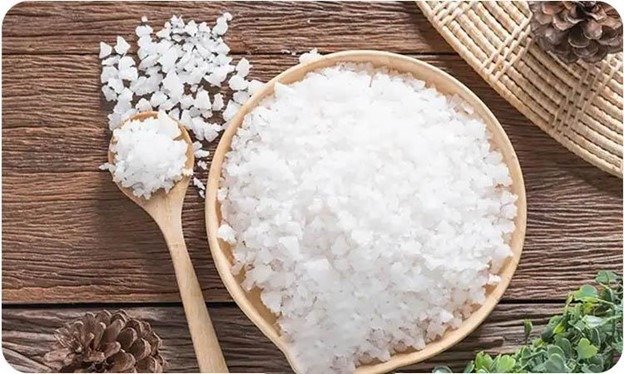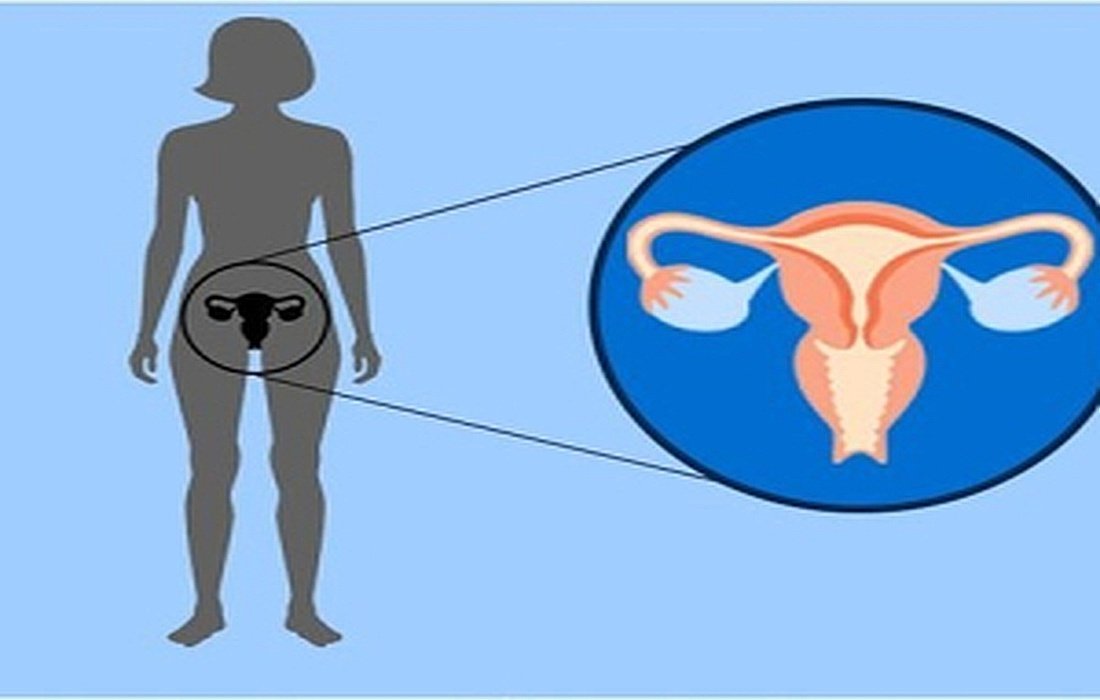With the right methods for treating vaginal infections at home, you can quickly relieve genital issues using simple techniques. There are many ways to manage and alleviate the symptoms of vaginal infections, and one of the most common is the use of salt.
Vaginal infections are a common issue among women, caused by various factors such as fungi and bacteria. Symptoms include severe itching, unusual discharge color, and unpleasant smells.
In addition to specialized treatment methods, maintaining hygiene in the genital area is also essential for faster recovery. For more guidance, consult…the best gynecologist in TehranLet’s continue discussing how to treat vaginal infections at home. Stay with us.
What is a Vaginal Infection?
A vaginal infection, also known as vulvovaginitis, is an inflammation in the female genital area. When the balance of bacteria in this area is disrupted, women experience burning, itching, or unusual vaginal discharge, which is recognized as a vaginal infection.
As you may know, experiencing a clear, odorless discharge from the vagina daily is entirely natural. However, if this discharge has a bad smell or changes color, it may indicate an infection in the genital area.
The symptoms of vaginal infections can intensify during sexual intercourse, with women often experiencing more pain and sometimes bleeding or spotting afterward.
Get to Know the Types of Vaginal Infections
To eliminate a genital infection quickly, it’s best to first identify its type. Some of the most common types of vaginal infections include:
Fungal or Yeast Infection
As the name suggests, the main cause of this infection is a fungus, specifically *Candida albicans*. Be cautious, as overusing antibiotics without prescription can disrupt the bacterial balance in the vagina, leading to yeast overgrowth and increasing the risk of genital infections. Women with diabetes or weakened immune systems are more likely to develop this type of infection.
Bacterial Infection
In a bacterial infection, the number of vaginal bacteria increases, disrupting the balance. This type of infection typically does not cause pain or irritation in the genital area, and the individual may only experience mild itching. A notable symptom of this infection is a white discharge with a fishy smell, which often increases after sexual intercourse.
Trichomoniasis Infection
This type of infection is sexually transmitted, characterized by symptoms such as abdominal pain, burning during urination, and itching.
Causes of Vaginal Infection
Some common causes and factors that can contribute to vaginal infections include:
- Vaginal Atrophy
- Irritating Detergents
- Parasitic Infections
- Fungal Infections
- Bacterial Infections
- Severe Stress
- Corticosteroid Medications
- Pregnancy
- Vaginal Medication Usage
- Unprotected Sexual Intercourse
- Long-term Antibiotic Use
- Poor Personal Hygiene
- Usage of Estrogen Birth Control Pills

Symptoms and Signs of Vaginal Infection
Sometimes, a genital infection in women may show no symptoms initially, with signs appearing only when the condition worsens. Some common signs of genital infection include:
- Severe Itching
- Change in Discharge Amount
- Change in Discharge Color
- Unpleasant Odor in the Vaginal Area
- Pain or Burning While Urinating
- Bleeding and Spotting
- Pain During Intercourse
When to See a Doctor?
While this condition is not serious, late diagnosis of its symptoms can lead to complications. Therefore, doctors recommend being attentive to genital hygiene and consulting a specialist promptly if you notice the following symptoms:
- Fever
- Pregnancy
- Return of Symptoms After Treatment Completion
- History of Genital Infections
- First Onset of Infection
- Multiple Sexual Partners
It’s advisable to consult the best gynecologist in Tehran for further guidance, whether through an online or in-person consultation. You can connect with your preferred doctors via voice and video calls or receive text consultations.
Treating Vaginal Infection at Home with Salt
As mentioned above, specialized methods, personal hygiene, and more are the best approaches to treating vaginal infections. However, if the infection is minor, doctors recommend using home remedies to prevent worsening symptoms.
One common home remedy for treating vaginal infections is salt. Salt can work wonders in treating infections. Why is salt the best substance for treating genital infections?
Salt has natural disinfectant and antibacterial properties. Historically, using salt to address vaginal infections has been a common practice. Although this method is very simple, it is considered effective for treatment.
This substance can eliminate itching and inflammation due to its very strong antibacterial properties. However, it’s crucial to pay attention to how you use this method since excessive salt can lead to increased irritation, and very hot water can cause burns.
Is Soaking in Salt Water Good for Treating Vaginal Infections?
A mixture of water and salt is effective for relieving pain and itching in the genital area. Salt helps balance the vaginal pH and reduce its acidity due to its minerals, like sodium, potassium, and chloride. Although this method is quite effective, excessive use may even lead to vaginal dryness. Therefore, it’s recommended to use it in moderation.
Be mindful of the following tips when using salt for treating infections:
- Boil a cup of water and let it cool until warm.
- Add one teaspoon of salt to it.
- Next, soak a soft cloth in this solution to absorb it. Now you can place the cloth on the vaginal area.
- After 15 minutes, remove the cloth and rinse the area with warm water.
Ensure you use warm water, as hot water can cause burns. Additionally, sanitize your hands before these steps and wash them with soap and water.
Also, remember that this solution is only for washing the external genital area and should never be used internally.
Furthermore, if your symptoms do not improve after 48 hours, consult a gynecologist.

Complications of Vaginal Infections
Possible complications of genital infections in women include:
- Risk of Infection Transmission to Sexual Partner
- Risk of Premature Labor
- Spread of Infection to Other Body Parts, Including the Pelvis
- Low Birth Weight in Babies of Pregnant Women
Prevention Methods
How can infections be prevented? To minimize the chances of infection, pay attention to the following:
- Use cotton and breathable underwear
- Avoid douching
- Keep the vaginal area dry
- Avoid using scented irritating cleansers
- Avoid tight, clingy, and nylon clothing
- Avoid public baths, jacuzzis, and swimming pools
- Use condoms during sexual intercourse
- Wipe the genital area from front to back to prevent transmission of bacteria from the anus to the vagina
Conclusion
Vulvovaginitis is one of the most common issues among women, with many experiencing it at least once. Key symptoms include itching, burning, unpleasant odor, increased discharge, color changes in discharge, and pain during intercourse. If you have experienced any of these signs recently, we recommend seeking help from a specialist to assess your condition. Remember, identifying the type of infection for treatment should be done by a doctor. You can receive audio, video, or text consultation from a reputable doctor online.







